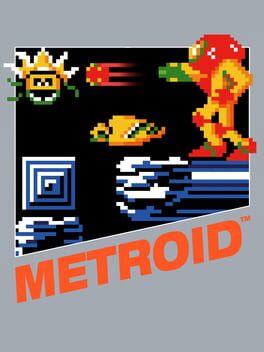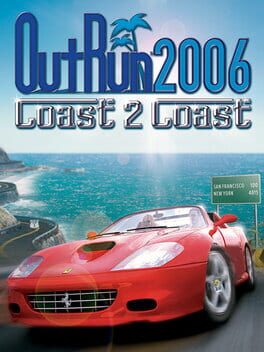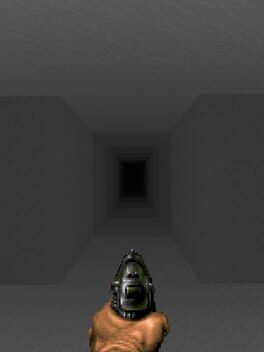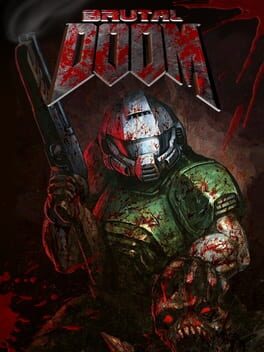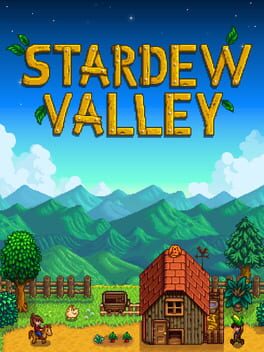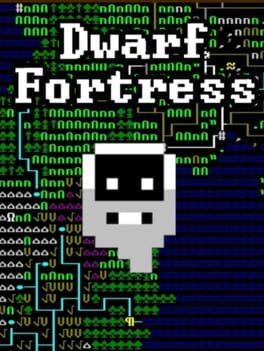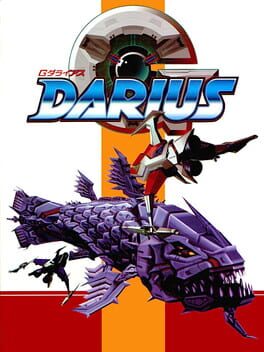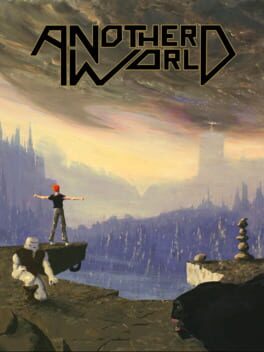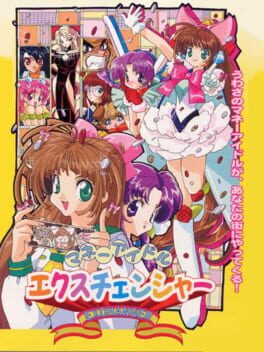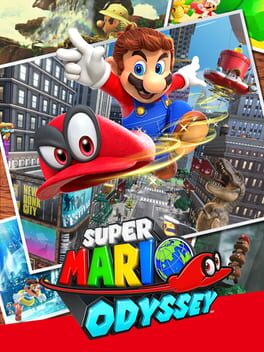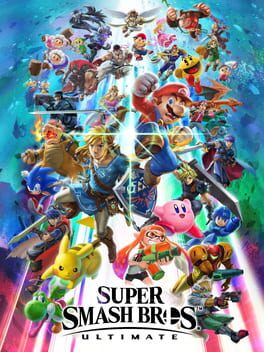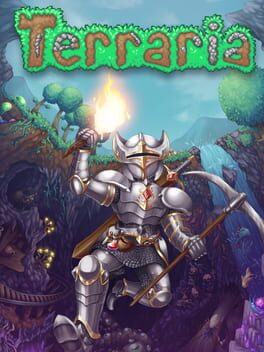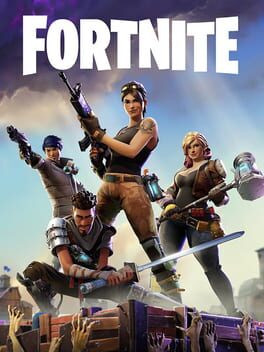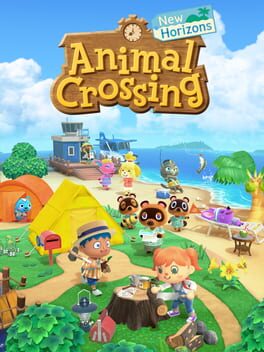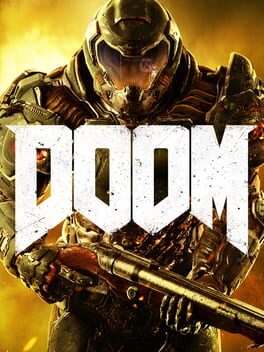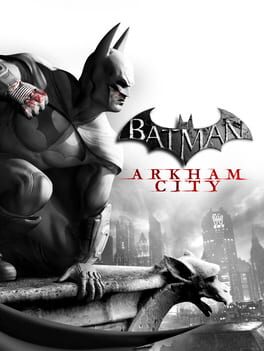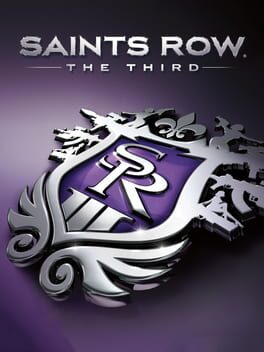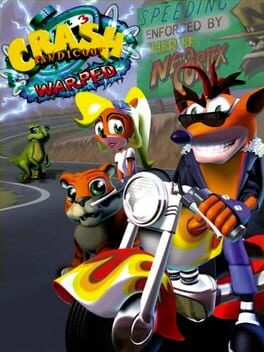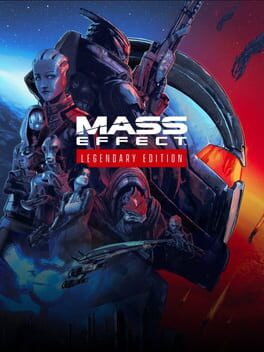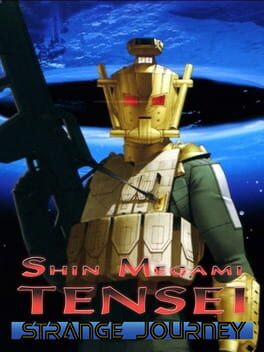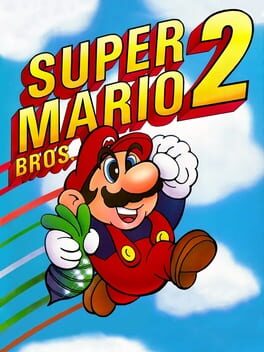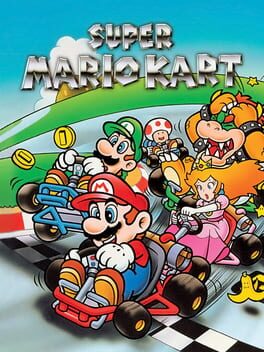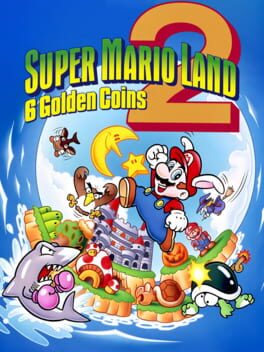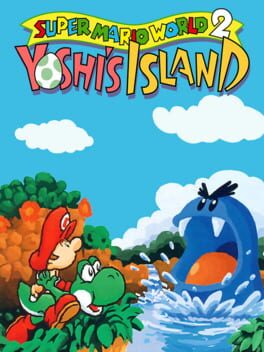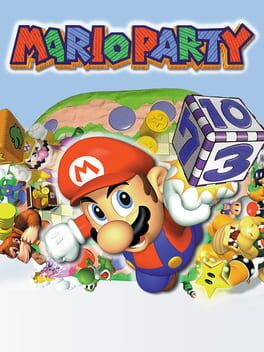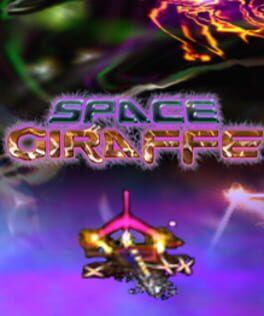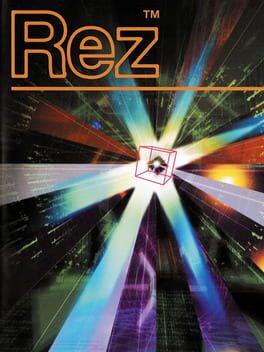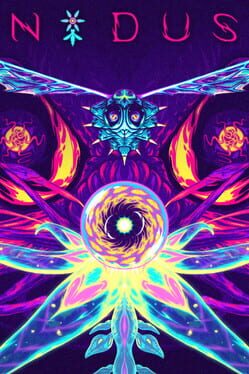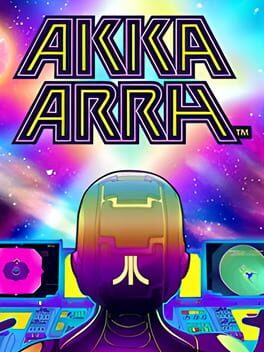yagihimesama
220 reviews liked by yagihimesama
Metroid
1986
The online discourse for this game is baffling. If I'd listened to the current consensus, then I would have avoided all but a handful of NES games, because they're apparently unfun, dated junk.
I decided to give the original Metroid a shot anyway, and I'm floored. This game is spectacular. Some of the music tracks are among the best I've ever heard. The atmosphere is as thick as butter. The world is enormous and labyrinthian. I felt a sense of vertigo uncovering side passage after side passage in areas I'd previously explored, realizing the map was at least double the size than I'd previously thought.
People are playing this game wrong. Don't use a guide, just read the manual. Be frustrated, and learn the game. This isn't a walk in the park. This is an expedition to a hostile alien fortress.
Brutal Doom
2012
Stardew Valley
2016
All of the worst aspects of settler-colonial homesteading fantasy wrapped up in a rigorously boring "game". There are titles that do every aspect of game play better than stardew, and every bit of writing drips in a putrid Jeffersonian populism. This may as well have been titled "Donald Trump MAGA Simulator", but perhaps "Left Liberal SPITES Amazon for the Small Landholding All Amerikkkan No Slaves Here Plantation I Mean Commune" would better fit the demographic.
Dwarf Fortress
2006
The highest example of realism in simulation games, for better and for worse. This shows us the possibilities of feeling, analyzing and walking around this byzantine simulation and its outcomes, but simultaneously opens these inner workings up to a higher level of scrutiny than more superficial simulations. While the game shoots loftily high, the particular biases of the authors hinder the game from having an interesting theory of history, or from taking the plant-life and larger ecology simulation as seriously as the combat. A work focusing on the development of social forces over time on the scale of dwarf fortress (with its psychology model, and individuals that can be tracked) would be more interesting than something like the victoria series with its purely mechanical and outsider view (which to be fair, dwarf fortress' tracking of the shift from early feudal to late feudal early mercantile production, expansion and centralization of city states and holdings, etc, is somewhat present but the emphasis on the nihilistic unchangedness of the world is hamfisted in), and focusing on the ecology simulation with respect to dwarven production may be able to lead to a less extractive focused simulation. Similarly to the problem of minecraft, the world outside of the player character or dwarves is dead. Like "crystallized thoughts" the natural world marches onward (or in minecraft's case, doesnt move at all) irrespective of man's (or dwarve's) relation to it. Regardless, while not the only way to bring realism to games, this game has carved out a path to it unmatched by any of its emulators.
Outside of this, the actual text of the game has two competing tendencies, and a conservative dressing. There is an attention to the particularity and texture of the various peoples lives, the depiction of beauty in the scope and detail and interconnectedness of it. At the same time there is a rejection of this holding any meaning, that all that exists is pathetic and will be washed away with the ever present threat of madness and mortal fragility of things, foolish pettiness of people, etc. The interplay between these tendencies can be somewhat compelling (there certainly is a lot of foolish repetition of similar mistakes! though not in aggregate of all mankind as the game implies) and acts as a turning wheel through which the dwarves psychology forms. All well and good, however, the threat of fragility and madness falls into a lazy trope of life and civilization being unavoidably cruel and cyclic, clearly stemming from a resignation of the authors grappling with themselves living in a cruel empire that ultimately serves as a gimmick to the persistence of the world as-is. Cities die and leave their presence like demon corpses in doom, scattered across the map in fleshy heaps granting an illusion of persistent influence. But the actual influence of peoples and civilizations upon each other is limited in simulation impact outside of dictionary-like mind entries, names of poetry, family or city affiliations, feeding into a wiki "lore" diving tendency rather than direct relations impacting the games internal economy which has a primary position of the object of the players available verbs (with the exception of books allowing for skill transfer, which largely take a backseat, and artifacts, which function largely as static wealth numbers). Clearly, this nihilistic tendency weighs upon the possibility of the simulation such that the game can come to the predetermined conclusion of no persisting progress and limited historical influence. In this way, the text limits the game and detracts from the strongest points of its own writing.
Finally, we have the inheritance of tolkien. This is the dressing of the game, common to the fantasy genre, of hardly obscured race science. Even going so far as the inclusion of races that have natural inclinations to violence and theft that limits their capacity for industry. This obviously is cartoonishly racist. Addressed in some mods changing the relations between the goblins and dwarves usually band-aids over this at best. A game which attempts to step over dwarf fortress would clearly have to reject this as a premise from the beginning of development, it is simply offensive and unnecessary even within the games own mechanics (which many of the aforementioned modders have long realized) for war and diplomacy, which is the tolkien fantasy races primary function as having de-facto aggressive villains. With most fantasy games, the setting seems largely to be invoked specifically for this purpose, of having a whole race or caste of people that can be gleefully exterminated (see also, BOTW or Elden Ring). If there is to be any saving of fantasy as a setting, this colonial and essentialist writing and mechanical crutch needs to be left far behind and thoroughly criticized in existing works, as well as likely requiring an extensive reworking of many of the assumptions of fantasy itself.
Outside of this, the actual text of the game has two competing tendencies, and a conservative dressing. There is an attention to the particularity and texture of the various peoples lives, the depiction of beauty in the scope and detail and interconnectedness of it. At the same time there is a rejection of this holding any meaning, that all that exists is pathetic and will be washed away with the ever present threat of madness and mortal fragility of things, foolish pettiness of people, etc. The interplay between these tendencies can be somewhat compelling (there certainly is a lot of foolish repetition of similar mistakes! though not in aggregate of all mankind as the game implies) and acts as a turning wheel through which the dwarves psychology forms. All well and good, however, the threat of fragility and madness falls into a lazy trope of life and civilization being unavoidably cruel and cyclic, clearly stemming from a resignation of the authors grappling with themselves living in a cruel empire that ultimately serves as a gimmick to the persistence of the world as-is. Cities die and leave their presence like demon corpses in doom, scattered across the map in fleshy heaps granting an illusion of persistent influence. But the actual influence of peoples and civilizations upon each other is limited in simulation impact outside of dictionary-like mind entries, names of poetry, family or city affiliations, feeding into a wiki "lore" diving tendency rather than direct relations impacting the games internal economy which has a primary position of the object of the players available verbs (with the exception of books allowing for skill transfer, which largely take a backseat, and artifacts, which function largely as static wealth numbers). Clearly, this nihilistic tendency weighs upon the possibility of the simulation such that the game can come to the predetermined conclusion of no persisting progress and limited historical influence. In this way, the text limits the game and detracts from the strongest points of its own writing.
Finally, we have the inheritance of tolkien. This is the dressing of the game, common to the fantasy genre, of hardly obscured race science. Even going so far as the inclusion of races that have natural inclinations to violence and theft that limits their capacity for industry. This obviously is cartoonishly racist. Addressed in some mods changing the relations between the goblins and dwarves usually band-aids over this at best. A game which attempts to step over dwarf fortress would clearly have to reject this as a premise from the beginning of development, it is simply offensive and unnecessary even within the games own mechanics (which many of the aforementioned modders have long realized) for war and diplomacy, which is the tolkien fantasy races primary function as having de-facto aggressive villains. With most fantasy games, the setting seems largely to be invoked specifically for this purpose, of having a whole race or caste of people that can be gleefully exterminated (see also, BOTW or Elden Ring). If there is to be any saving of fantasy as a setting, this colonial and essentialist writing and mechanical crutch needs to be left far behind and thoroughly criticized in existing works, as well as likely requiring an extensive reworking of many of the assumptions of fantasy itself.
G-Darius
1997
Another World
1991
I'm of 2 minds with Another World. One mind that it's literally the pinnacle of the medium and a beautiful piece of art, and another that it's just a poorly made piece of shit.
FFS, it's one of the most legendary games of all time. A master class work in rotoscoping that along with Prince of Persia influenced countless rotoscoped games as well cinematic platformers in the vein of Flashback or Blackthorne.
There are no health bars, no maps, no scores, no equipment, nothing, it's like a real ass chadventure. One of the most immersive games of all time.
The alien buddy is really charming. "Mike Aruba" to you too, buddy.
But at the same time, this shit runs in single digit FPS with framedrops. There are pixel perfect jumps out the ass, especially in the cave which hard filtered me as a kid.
Once one knows what they're doing, the game is only like 20 minutes long and is pretty entertaining to speedrun if nothing else, though perhaps "Another World speedrun" is an oxymoron with how slow-paced the game is.
Also if I'm being truthful, vibes aside the game is rather shallow and there's nothing to its story.
Giving this game 3 stars doesn't feel right. Giving it 5 stars feels right. Giving it 0.5 stars feels right. I generally think the star system is a really good way to get across one's feelings and enjoy using it, but if this isn't an example of how trying to quantify a qualitative experience is silly sometimes, what is?
Anyway countless creators including the likes of Hideo Kojima, Shu Takumi, Suda51, Shinji Mikimi, and Fumito Ueda all took inspiration from this game. If you enjoy any of their works, you owe it to yourself to give this a try. Wouldn't even insist on trying it without save states lol.
FFS, it's one of the most legendary games of all time. A master class work in rotoscoping that along with Prince of Persia influenced countless rotoscoped games as well cinematic platformers in the vein of Flashback or Blackthorne.
There are no health bars, no maps, no scores, no equipment, nothing, it's like a real ass chadventure. One of the most immersive games of all time.
The alien buddy is really charming. "Mike Aruba" to you too, buddy.
But at the same time, this shit runs in single digit FPS with framedrops. There are pixel perfect jumps out the ass, especially in the cave which hard filtered me as a kid.
Once one knows what they're doing, the game is only like 20 minutes long and is pretty entertaining to speedrun if nothing else, though perhaps "Another World speedrun" is an oxymoron with how slow-paced the game is.
Also if I'm being truthful, vibes aside the game is rather shallow and there's nothing to its story.
Giving this game 3 stars doesn't feel right. Giving it 5 stars feels right. Giving it 0.5 stars feels right. I generally think the star system is a really good way to get across one's feelings and enjoy using it, but if this isn't an example of how trying to quantify a qualitative experience is silly sometimes, what is?
Anyway countless creators including the likes of Hideo Kojima, Shu Takumi, Suda51, Shinji Mikimi, and Fumito Ueda all took inspiration from this game. If you enjoy any of their works, you owe it to yourself to give this a try. Wouldn't even insist on trying it without save states lol.
5 lists liked by yagihimesama
